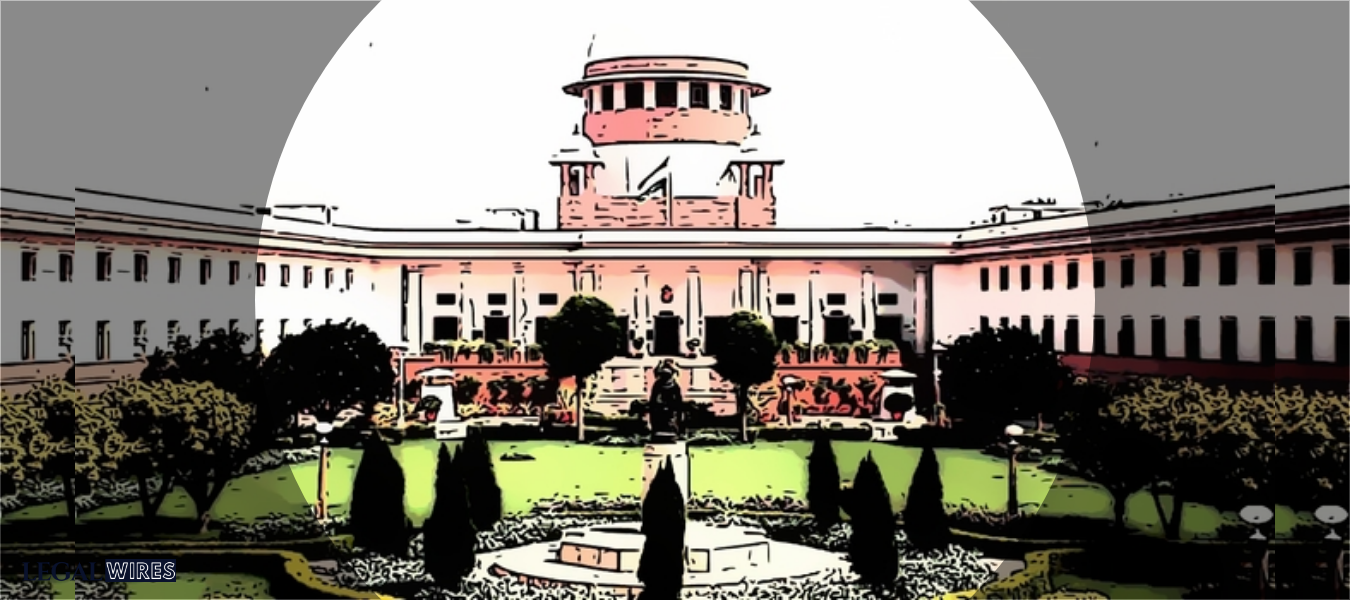The Supreme Court held that insulting or intimidating a person

The Supreme Court held that insulting or intimidating a person belonging to Scheduled Caste or Scheduled Tribe community will not by itself amount to an offence under SC/ST act unless that is done on account of the victim’s caste.
The 3 Judges Bench comprising Justice L Nageswara Rao, Justice Hemant Gupta, and Justice Ajay Rastogi, in an appeal against a judgment of the Uttarakhand High Court. Wherein The High Court had dismissed a plea filed by the appellant under Section 482 of CrPC seeking quashing of a charge-sheet and summoning order against him for an offence under Section 3(1)(r) of the SC/ST Act.
It was a case wherein a complaint was filed against the appellant who was accused of entering the house of respondent and hurling casteist comments and abuses with death threat. An FIR was registered against the appellant for offences of trespass (section 452 of Indian Penal Code), criminal intimidation (Section 506) and for insulting and humiliating SC/ST person (Section 3(1)(r) of the SC/ST Act).
The Supreme Court opined that the SC/ST Act is “intended to punish the acts of the upper caste against the vulnerable section of the society for the reason that they belong to a particular community.”
The Supreme Court held that: “In the present case, the parties are litigating over possession of the land. The allegation of hurling of abuses is against a person who claims title over the property. If such person happens to be a Scheduled Caste, the offence under Section 3(1)(r) of the Act is not made out,”
An offence under SC/ST Act is not just established merely on the fact that the victim is of SC/SC community unless there is an intention to humiliate such person on basis of belonging to SC/ST community.
Therefore Court held that a property dispute between a person from SC/ST community and an upper caste person will not disclose an offence under SC/ST Act unless the allegations are on account of the victim belonging to SC/ST community.
The Apex Court was of opinion that the fact that the incident happened within the four walls of the house of the respondent with no member of public, so the appellant action won’t suffice to satisfy the condition of Section 3(1)(r) of the SC/ST Act.
The Court further said: “any dispute arising on account of possession of the said property would not disclose an offence under the Act unless the victim is abused, intimated or harassed only for the reason that she belongs to Scheduled Caste or Scheduled Tribe.”
Therefore Court Quashed the Charge Sheet filed specifically for the offence under Section 3(1)(r) of SC/ST Act against the appellant.





